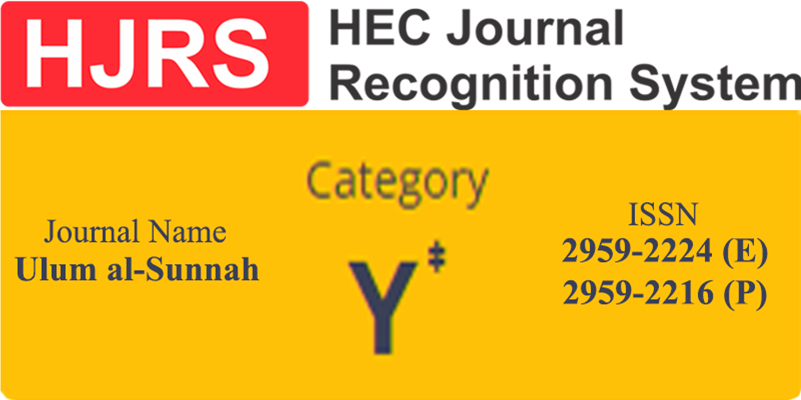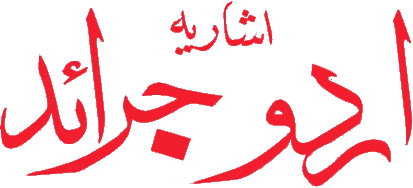نظم مملکت و حکومت: اسوۂ حسنہ کی روشنی میں
The System of State and Government: in the Light of Uswa Hasna
DOI:
https://doi.org/10.5281/zenodo.11273559Keywords:
System of Government, Knowledge, Faith, Morals, Uswa Hasna, StateAbstract
The Messenger of Allah (ﷺ) paid attention to the civilization and reform of the society before establishing the state and government. For this purpose, he first created the intellectual foundations of the believers with useful knowledge, firm faith, and adorned their attitudes and characters with noble morals. He (ﷺ) established the Islamic society on three foundations: 1. Beneficial knowledge, 2. Firm faith and 3. Moral virtue. These three are the basic guiding principles that not only create peace and moderation in human society but also help a lot in the evolutionary stages of society. The entire life of the Messenger of Allah (ﷺ) before prophethood is a teacher of morals. The moral life of the Prophet (peace and blessings of Allah be upon him) was so impressive, no one had any doubts about his highest position of the noble morals, it makes the practical life of the Prophet (ﷺ) an ideal example for all. After attaining the office of Prophethood, the Messenger of Allah (ﷺ), continued to teach and train the people about the three guiding principles mentioned above for about thirteen years. He regularly organized the establishment of educational institutions and training institution. The educational and training system of Rasulullah (ﷺ) was so comprehensive and effective that those who were trained in this system not only became intellectually broad and fanciful, but also emerged as the best people in the land of Arabia in terms of knowledge, faith, and morals. The article deals with practical examples from his life in establishing such a welfare state, that regarded a model state in throughout the history of mankind.
Downloads
Published
How to Cite
Issue
Section
License
Copyright (c) 2023 Dr. Muhammad Yousuf Farooqi

This work is licensed under a Creative Commons Attribution-NonCommercial 4.0 International License.
This is an open-access journal which means that all content is freely available without charge to the user or his/her institution. Users are allowed to read, download, copy, distribute, print, search, or link to the full texts of the articles, or use them for any other lawful purpose, without asking prior permission from the publisher or the author. All articles are available on the internet to all users immediately upon publication. Non-commercial use and distribution in any medium are permitted, provided the author and the journal are properly credited.











 Research Journal Indexed by Google Scholar
Research Journal Indexed by Google Scholar